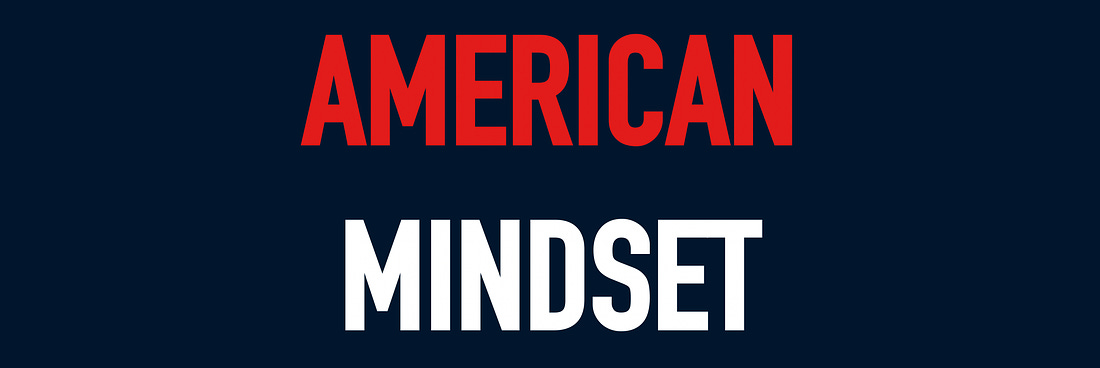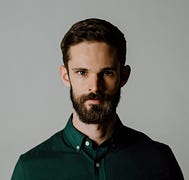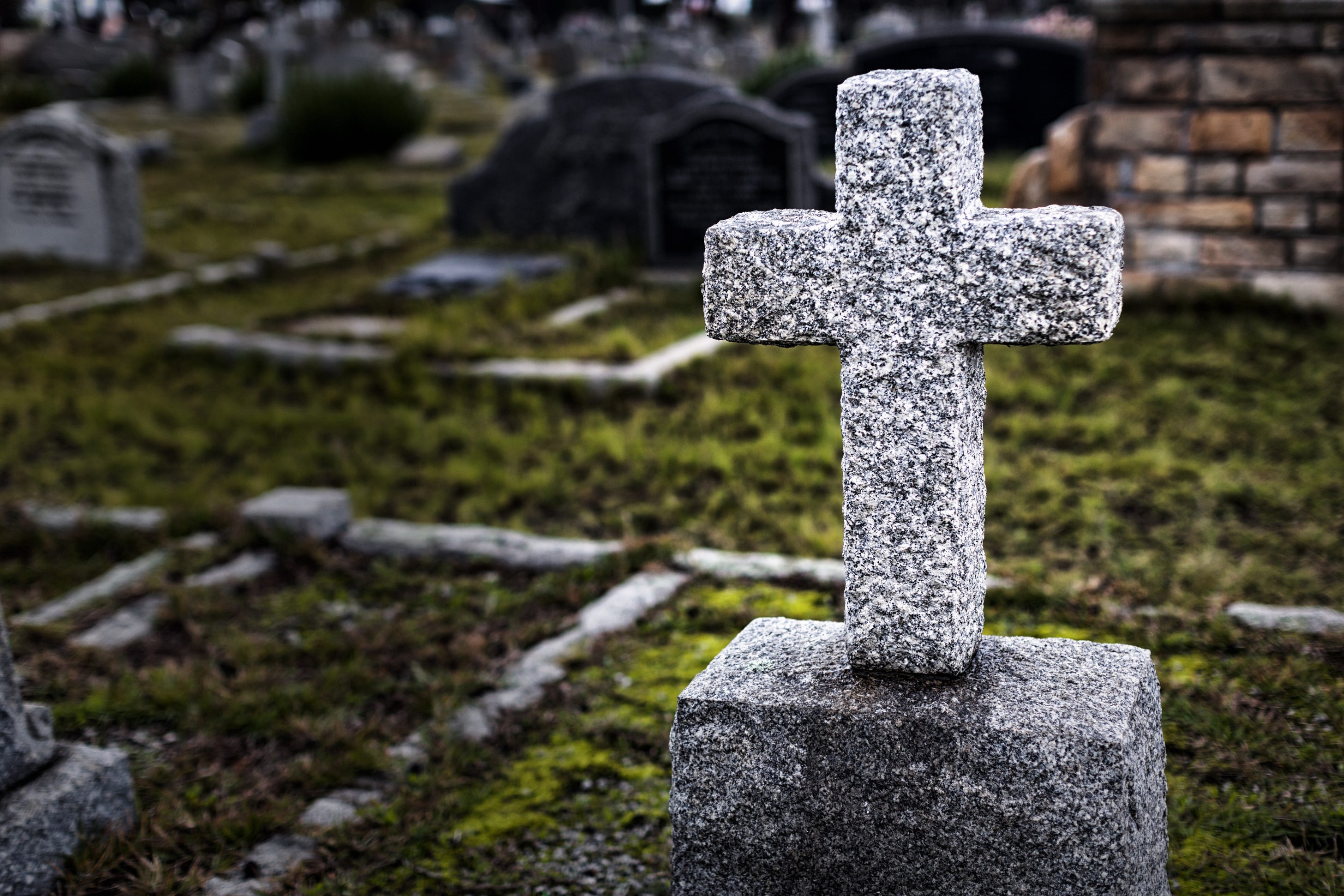 |
How old were you when you learned about death? I was barely more than a toddler—just out of diapers. I threw a tantrum. My mother was unloading the dishwasher when I asked her, “so, if you don’t get sick, and if you don’t um, get in an accident, do you just...keep living?” Mom had to explain that no, my love, eventually people’s bodies just break down and, after a while, everybody dies. I was inconsolable. I wailed and wept. I have probably never cried that hard again since.
Somewhere in my heart of hearts, that is still how I feel about the fact that everybody dies. I have learned how to handle my feelings better, but not how to feel any differently. At the core of me there is still just that toddler, wild in the abandon of his sorrow, crying and crying. That is how I regard death no matter how gently or peacefully it comes, no matter how long and full a life it ends. I cannot accept it or philosophize it away. The kind of thing that humans are does not seem to me like a kind of thing that should die.
On some deep psychological level, this is probably why I am a Christian. Only the Bible’s account does full justice to what I think death is: an abomination, a terrible mistake, a tragedy. Something hideously broken that needs fixing. When I first read the prophet Isaiah’s ecstatic declaration that God “will devour death forever,” I thought, at last: someone who understands. When I first read about God on the cross—God as death’s enemy and victim and conqueror—I thought, at last: a theology that acknowledges the enormity of the thing.
Christians are not the only ones who have ways of coming to terms with death. But no philosophy or faith is worth the name unless it takes into account the awful reality that life ends. To be fully mature you must reckon with the truth and the sadness of that. For this, you need help—from your family, from your community, from your church. You need wisdom and tradition to teach and soothe the toddler in you.
I say all this because I’ve been thinking a lot lately about the people who insist on wearing surgical masks even though they are vaccinated against COVID-19. At this point, all my anger at them is spent. All my frustration is exhausted. What indignation I have left, I reserve for the abusive cretins in positions of political power. For my neighbors, for the people scared to go outside, for the people who were gaslit into smothering a full year or more of their lives—for them, I’m just sad.
“I don’t feel safe without a mask on and I’m definitely not ready to take it off anytime soon,” said one poor vaccinated soul to another on Twitter. Others mask up to reassure themselves that they’re surrounded by members of the same tribe. When I see people like this, all I can think is they had no one in their lives to teach them the truth about death. They believe somehow they can be safe.
Dana Stevens, a film critic whose work I enjoy despite her politics, took flak online for writing in the Atlantic that she would still be wearing a mask post-vaccine. But at least she was honest about why she had taken this and other irrational actions during the pandemic: “I didn’t want to go to my grave thinking that I was a link in some chain of human interaction leading to someone else’s serious illness or death.” When I read that line, my breath caught a little in my throat. This sweet, misguided woman. She has no idea. She has no idea she will go to her grave that way no matter what.
That’s what it is, really: these are people who never moved beyond that tantrum I threw as a little kid. Worse—they never threw that tantrum, because they never faced up to what a vale of sorrows this world is. We live in a generation full of such people, a generation deprived of those traditions and that wisdom that could have taught them to cope with the sorrowful facts of life and death.
As summer comes and the country re-opens, I hope the Church and the Right will be offering that wisdom. Some people are beyond persuasion, I know. But others might be coaxed into a realization: it has always been this way. Eventually, my love, people’s bodies just break down, and everybody dies. It’s okay to cry. But then you have to move on.
 |
If you liked this post from American Mindset, why not share it?

